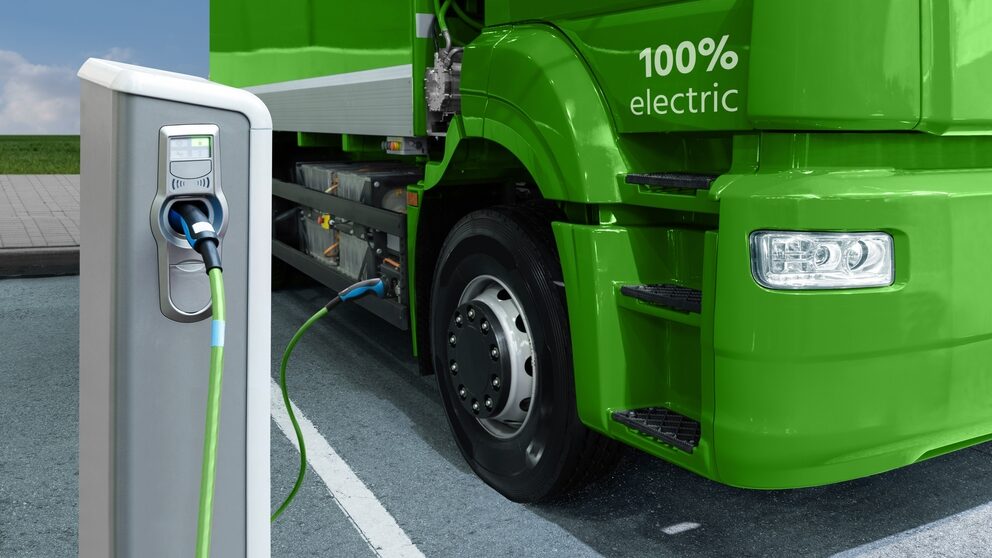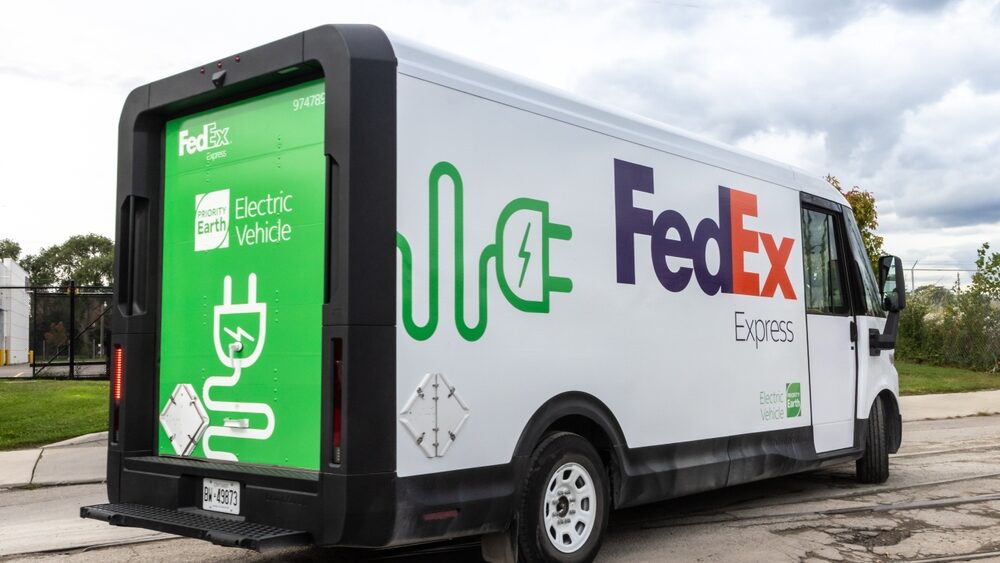The transportation industry is on the brink of a revolutionary shift, and at the heart of this transformation are electric trucks. As the world moves towards sustainability and reducing carbon footprints, 2025 is poised to become a defining year for commercial transport. The adoption of electric trucks is no longer just a trend; it is rapidly becoming a necessity. In this blog, we’ll explore how the electric truck revolution is set to redefine commercial transport and what it means for businesses and the environment.
The Rise of Electric Trucks
Over the past few years, the electric vehicle (EV) market has seen significant growth, with electric cars gaining popularity among consumers. However, the commercial transport sector has lagged behind—until now. Advances in technology, stricter environmental regulations, and growing demand for sustainable solutions have accelerated the development of electric trucks.
Major players in the automotive industry, including Tesla, Rivian, and Volvo, are leading the charge by introducing electric truck models that promise efficiency, reliability, and cost savings. These trucks are not only designed to reduce emissions but also to optimize performance for long-haul and urban deliveries.

Benefits of Electric Trucks for Commercial Transport
1. Reduced Operating Costs
One of the most significant advantages of electric trucks is their lower operating costs. Unlike traditional diesel-powered vehicles, electric trucks have fewer moving parts, which reduces maintenance expenses. Moreover, electricity is generally cheaper than diesel fuel, allowing businesses to save significantly on energy costs.
2. Environmental Impact
The eco-friendly advantages of electric trucks are truly remarkable. By eliminating tailpipe emissions, these vehicles contribute to cleaner air and help combat climate change. This shift is especially critical in urban areas, where air pollution from diesel trucks has long been a health concern.
3. Enhanced Performance
Electric trucks are equipped with advanced battery technologies that provide impressive torque and acceleration. This makes them ideal for transporting heavy loads without compromising speed or efficiency. Furthermore, regenerative braking systems improve energy efficiency, extending the range of these vehicles.
Challenges and Solutions
While the electric truck revolution holds immense promise, it is not without its challenges. But creative solutions are emerging to tackle these challenges.
1. Limited Charging Infrastructure
The availability of charging stations remains a major hurdle for widespread adoption. Businesses worry about range anxiety and the time required for recharging. To combat this, governments and private companies are investing heavily in expanding charging networks. By 2025, it is expected that fast-charging stations will become more accessible, reducing downtime for commercial fleets.
2. High Initial Costs
Electric trucks currently come with a higher upfront cost compared to traditional trucks. However, this expense is offset by lower operating and maintenance costs over time. Additionally, tax incentives and subsidies provided by governments are making these vehicles more affordable for businesses.
3. Battery Life and Recycling
Concerns about battery degradation and disposal are being addressed through advancements in battery technology. Manufacturers are focusing on developing longer-lasting batteries and implementing recycling programs to ensure sustainability.
The Role of Technology
Technology plays a pivotal role in the electric truck revolution. Innovations in battery chemistry, such as solid-state batteries, are improving energy density and reducing charging times. Moreover, autonomous driving technology is being integrated into electric trucks, offering the potential for greater efficiency and safety in logistics operations.
Telematics systems are also enhancing fleet management by providing real-time data on vehicle performance, route optimization, and energy consumption. These tools enable businesses to make informed decisions and maximize the benefits of their electric fleets.
Impact on the Logistics Industry
The logistics industry is set to undergo a significant transformation with the adoption of electric trucks. Companies that invest in these vehicles will not only reduce their environmental impact but also gain a competitive edge. Customers are increasingly prioritizing sustainability, and businesses that align with these values are more likely to attract and retain clients.
Moreover, the shift to electric trucks will create new opportunities for collaboration between automakers, energy providers, and technology firms. This synergy will drive further innovation and accelerate the transition to a sustainable transport ecosystem.

A Greener Future
The electric truck revolution is more than just a technological advancement; it represents a commitment to a greener future. By 2025, electric trucks will likely dominate the commercial transport sector, setting new standards for efficiency and sustainability. Businesses that embrace this change will not only contribute to a healthier planet but also reap the financial and operational benefits of this innovative technology.
Conclusion
As we move closer to 2025, the electric truck revolution promises to redefine the way goods are transported. With reduced operating costs, environmental benefits, and advancements in technology, electric trucks are paving the way for a more sustainable future. While challenges remain, the collective efforts of governments, industries, and innovators are making this vision a reality.
For businesses, the time to act is now. By investing in electric trucks, companies can position themselves as leaders in sustainability and gain a competitive edge in the evolving market. The road ahead is electric, and it’s time to get on board.

